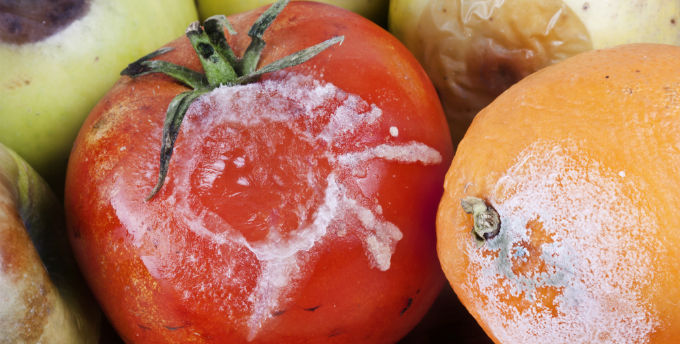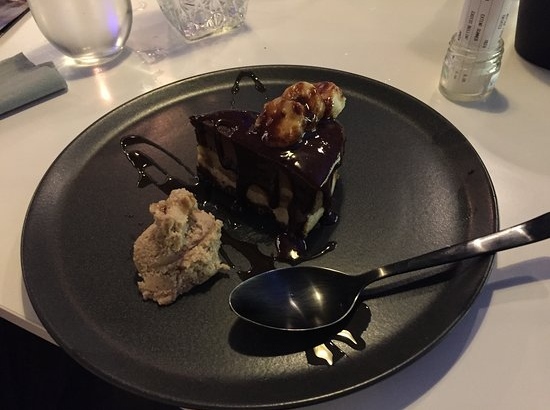How To Prevent Bacterial and Fungal Contamination?
Food is packed with nutrients and energy. That’s the reason why, small organisms are competing for our food too. There are different ways to win the race. Losing to these critters will not only waste our money, but we could jeopardize our health if we accidentally consume contaminated food. When choosing fresh food, we should choose the one that’s packaged inside plastic. It is usually thoroughly cleaned and won’t be exposed too much to external contaminations. Examine containers for tears that may cause microorganisms to find their way through. Cans should also be checked for indentation and bulges. Many supermarkets have the practice of putting food products that are near the expiration date on the front of the shelves. Unfortunately, the staff may forget to remove expired items and we accidentally buy some. Always check the expiration date to make sure that we won’t get contaminated food.
Raw shellfish, cheese and milk are contaminated easily. If we have good immune system, we should be able to deal with these kinds of foods. However, people who have impaired immune system won’t be able to deal with slight presence of microorganisms in their food. If you are concerned about the quality of local eggs, we should choose grade-A eggs, especially if they are refrigerated. Check them for any leak and cracks. In the supermarket, we should buy chilled or frozen meat last, so they won’t get warm inside the cart and car trunk, which is an ideal situation for bacteria to multiply. In the restaurant, we should check whether the salad bar is perfectly clean. Cooked, peeled shrimps are usually placed on a bed of ice, but if they are placed next to slices of raw fish, we could be dealing with potential contamination. Shellfish can be contaminated very easily, so it is important to purchase them only from approved sources. Any kind of perishable food should be iummediately refrigerated or frozen to stop the multiplication of bacteria.
Sections in the fridge should be separated clearly. It means that we shouldn’t mix poultry with fruit juices, which may cause cross contamnation. Eggs should be stored in their cartons instead of in slots for eggs in the inner side of the fridge door. We should avoid overfilling the fridge an always check the content for any expired or mouldy ingredient. The area under the sink is humid and a good place for fungi to grow. Don’t put your potatoes, bag of rice and other dry foodstuff there, to prevent unwanted fungal growth. There should be a fixed schedule for reheating food, especially if we cook in large batches. Food shouldn’t be allowed to stand at room temperature for hours. Reheat it at least every 6 hours to kill bacteria that start to proliferate. When cooking eggs, we should make sure that both the white and the yolk at least begin to harden. Seafood should be cooked thoroughly, especially it’s been many hours since they have been fetched from the sea.




















Leaver your comment